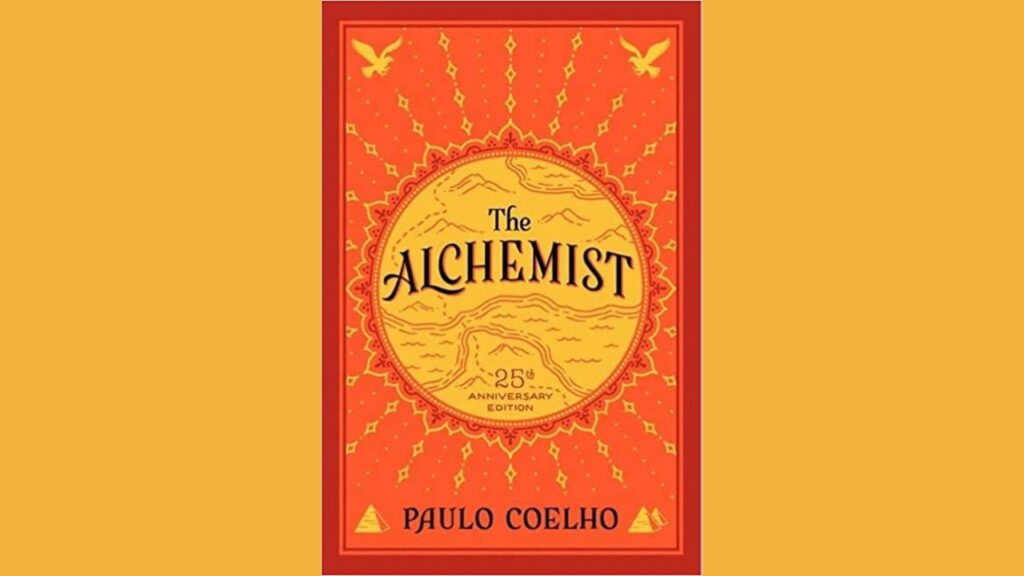
Student Notes – The Divine Comedy by Dante Alighieri
Introduction:
The Divine Comedy, written by Dante Alighieri in the 14th century, is a monumental work of Italian literature and a cornerstone of Western literature as a whole. Comprised of three parts, Inferno, Purgatorio, and Paradiso, it takes readers on a journey through the afterlife as Dante explores moral, theological, and philosophical themes. This set of student notes provides a comprehensive overview of the key elements, themes, and characters in The Divine Comedy, along with analysis and discussion points for further exploration and understanding.
Structure:
- Inferno: The first part of The Divine Comedy, depicting Dante’s descent into Hell and the punishment of sinners.
- Purgatorio: The second part, where Dante ascends Mount Purgatory and encounters souls undergoing purgation.
- Paradiso: The final part, portraying Dante’s ascent to Heaven and his encounters with celestial beings.
Characters:
- Dante: The protagonist and the author’s fictionalized representation of himself, who embarks on a spiritual journey through the realms of the afterlife.
- Virgil: The Roman poet who guides Dante through Hell and Purgatory, representing human reason and classical literature.
- Beatrice: Dante’s idealized love and spiritual guide, leading him through Paradise and representing divine grace and revelation.
- Various historical and mythological figures: The poem is populated by a rich cast of characters, including historical figures, saints, and mythological beings.
Themes:
- Sin and Redemption: The Divine Comedy explores the consequences of human actions and the possibility of redemption and salvation.
- Divine Justice: The poem presents a moral universe governed by divine justice, where sinners are punished and souls progress towards eternal bliss.
- Love and Devotion: Love, both earthly and divine, is a central theme, highlighting the transformative power of love and the search for ultimate union with God.
- The Nature of Evil: The Divine Comedy delves into the nature of sin and evil, examining the different types of sins and their corresponding punishments.
- Spiritual Journey: The poem is a metaphorical journey of the soul, reflecting the human quest for understanding, enlightenment, and spiritual growth.
Key Symbolism:
- The Three Beasts: The leopard, lion, and she-wolf encountered by Dante at the beginning of the Inferno represent the three types of sin that hinder human progress.
- The Dark Wood: The initial setting of the poem, symbolizing spiritual confusion and moral ambiguity.
- The Mountain: A symbol of ascent and purification, representing the journey towards spiritual enlightenment.
- The Celestial Rose: In Paradiso, the image of the celestial rose symbolizes the harmony and perfection of the divine realm.
Analysis and Discussion Points:
- Explore the character of Dante, examining his role as both the protagonist and the author, and how his personal journey reflects broader human experiences.
- Discuss the relationship between reason and faith in The Divine Comedy, considering the role of Virgil and Beatrice as guides.
- Analyze the structure of the poem, discussing the significance of the three realms and their progression.
- Examine the various punishments and sins depicted in the Inferno, reflecting on their moral and symbolic significance.
- Discuss the theme of love in The Divine Comedy, exploring its different manifestations and its transformative power.
Conclusion:
The Divine Comedy is a magnum opus that delves into profound theological, philosophical, and moral questions. Dante Alighieri’s masterpiece continues to resonate with readers, offering insights into the human condition and the pursuit of spiritual enlightenment. By engaging with the student notes provided, readers can gain a deeper understanding of the poem’s structure, themes, and symbolism, fostering critical thinking and stimulating insightful discussions about sin, redemption, and the transformative power of love. The Divine Comedy stands as a timeless work of literature that invites readers to contemplate the nature of the divine, the complexities of human existence, and the eternal journey towards self-discovery and salvation.



